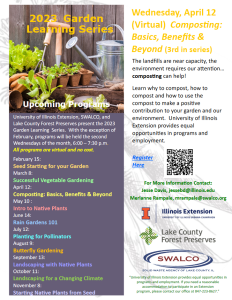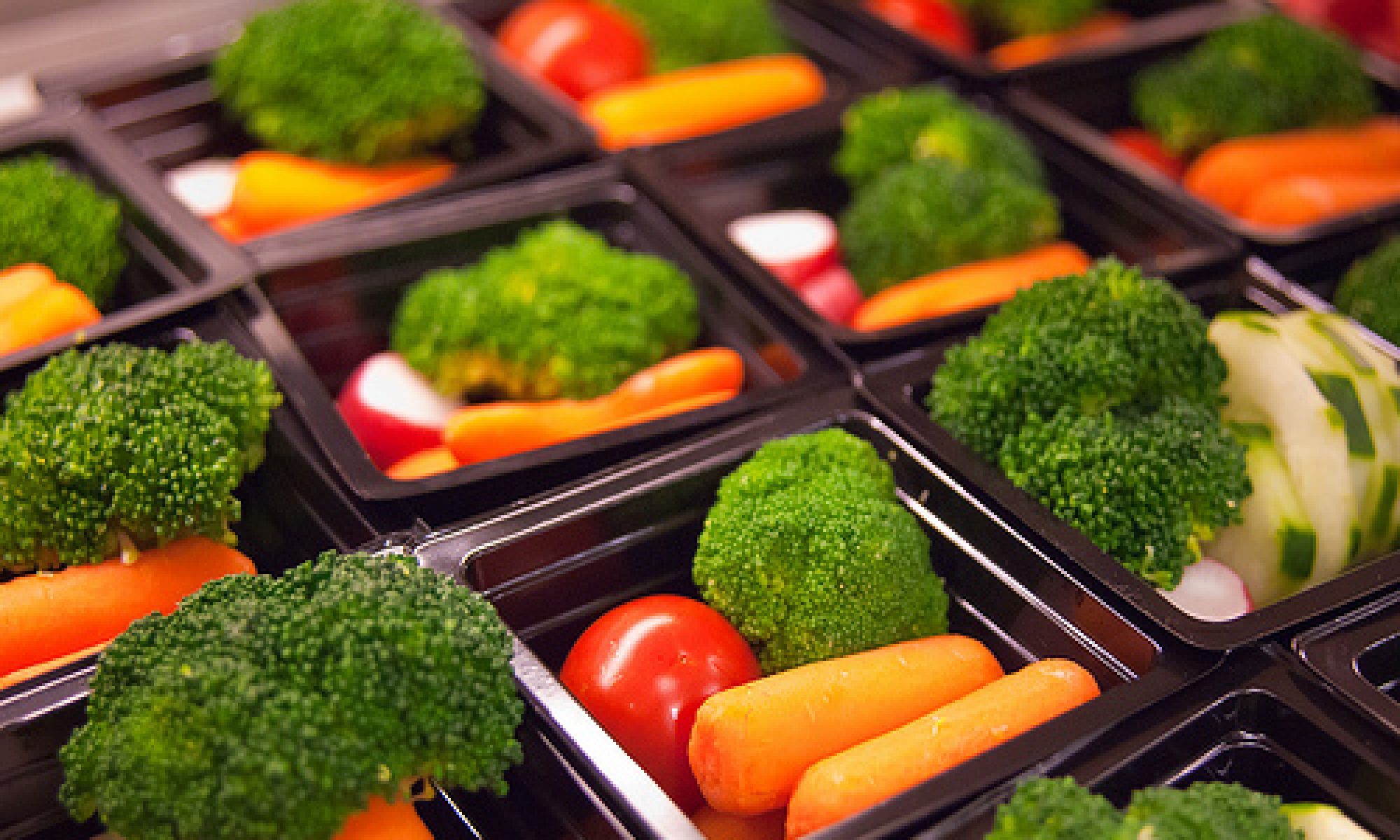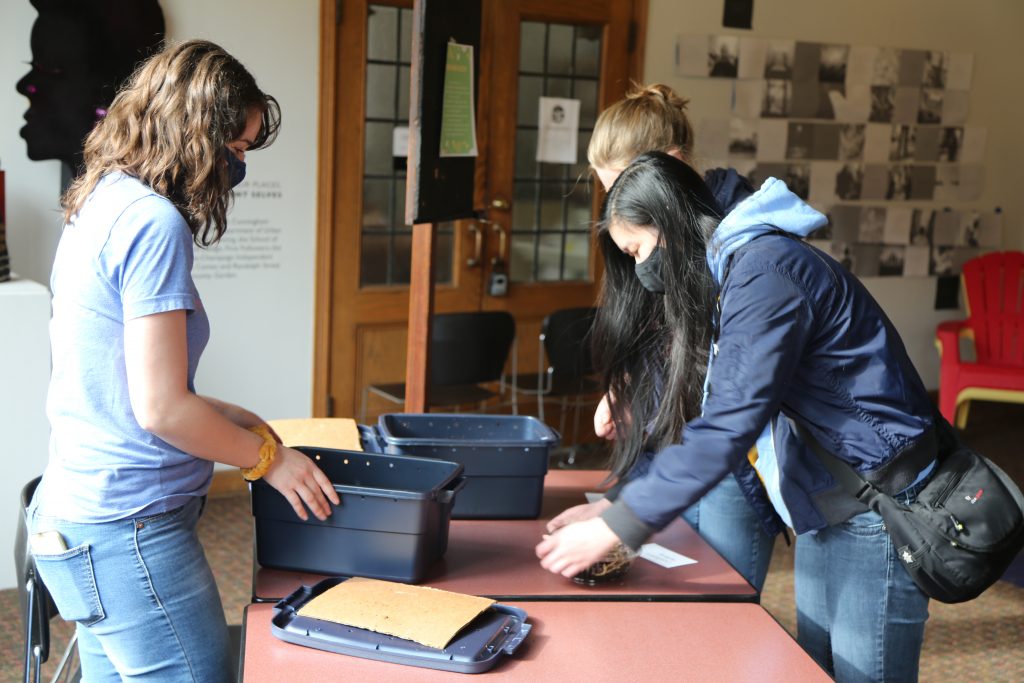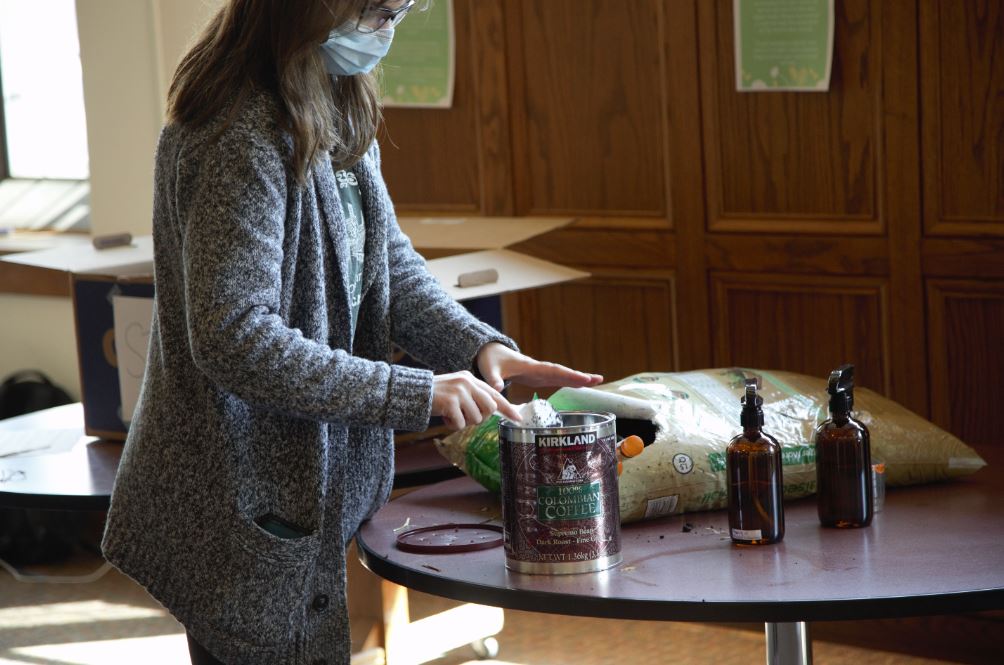In many parts of Illinois (and the United States, for that matter), there is limited access to commercial composting hauling or drop-off services. Meanwhile, in 2018 (the latest year for which an analysis of municipal solid waste is available), the U.S. Environmental Protection Agency (EPA) estimated that “more food reached landfills and combustion facilities than any other single material in our everyday trash (24 percent of the amount landfilled and 22 percent of the amount combusted with energy recovery).” In that same year, EPA estimated that “63 million tons of wasted food were generated in the commercial, institutional, and residential sectors.”
Obviously, our country has a great deal of room for improvement surrounding this issue. We need to find ways to prevent food from becoming waste in the first place, but when that is unavoidable, we need to develop adequate infrastructure, including composting facilities, to deal with the sustainable management of food waste. Illinois residents can check the Illinois Food Scrap and Composting Coalition (IFSCC) website for a list of compost hauling services, but if you find there aren’t good options near you, then you can compost at home–even if you don’t have a yard! A colleague of mine recently noted that she intends to begin home composting this year and has accumulated several articles and links to websites that she has yet to process. I applaud her determination, but I also thought it would be great to compile some resources to help her and other individuals who want to do their part to keep food waste out of landfills via composting, but who might not have time to wade through lots of reading material, or who experience various situations (such as living in an apartment) that at first glance could make composting seem like an unattainable goal. In this post, I want to share some resources to make the lives of beginning or aspiring home composters as simple as possible.
Register for SWALCO’s April 12th Webinar to learn the basics

The Solid Waste Agency of Lake County (SWALCO) is currently offering its second annual Garden Learning Series covering everything from starting plants from seeds to composting. Workshops are offered in collaboration with the University of Illinois Extension and Master Gardeners with funding from the USDA and will be held the second Wednesday of the month from 6:00-7:30 PM Central. The best part is that all workshops are virtual, FREE for participants, and open to anyone, not just residents of Lake County. On April 12, 2023, they’re presenting “Composting Basics, Benefits, & Beyond.” The workshops will NOT be recorded, so if you’re free the evening of the 12th, be sure to tune in to learn from experts and have the opportunity to ask questions! Register at https://registration.extension.illinois.edu/start/composting-basics-benefits-and-beyond.
Videos to guide your efforts
Sometimes it’s just easier and quicker to watch a video than to read through all the articles and websites you’ve bookmarked on a subject. Below are some videos to guide you through various forms of composting so you can pick the method that will work best for you.
- 6 Different Ways to Compost, No Matter Where You Live: https://youtu.be/eO4HdrIXnVU. This Epic Gardening video covers hot (rapid) composting, cold (slower, more passive) composting, compost tumblers, worm composting (aka vermicomposting), bokashi (good option for apartment dwellers), and direct burying of food scraps.
- Bokashi Composting from Start to Finish (DIY Bokashi Bucket): https://youtu.be/0k3PTUnDHS. Another Epic Gardening video, diving deeply into bokashi, a composting method with which many people are unfamiliar.
- LAZY Composting (Low-Effort Compost): https://youtu.be/aIk8n9D4PyI. Tips for hot and cold (or passive) composting.
- How to Compost on a Balcony: https://youtu.be/0u-1yZuSCao. Not everyone has a yard, so this is another resource that would be great for apartment dwellers. This could also work on a patio or corner of a small yard.
- Simple Compost Bin Design Indoor: Outdoor Apartment Friendly: https://youtu.be/H6nfKSYp7A0. Another interesting video for apartment dwellers, illustrating how large, stacked, terra cotta pots can be used for composting in both indoor and outdoor settings.
- IFSC (now renamed IFSCC) Member Video Highlights Home Composting: https://illinoiscomposts.org/education-and-outreach/ifsc-member-video-highlights-home-composting. This blog post includes an embedded video in which Kate Caldwell illustrates her own composting setup, which includes hot composting methods. If you’re interested in compost tumblers, this may be useful for you.
- Worm Composting: https://youtu.be/jJ3QIZMta98. This University of Maine video shows you how to make a DIY worm bin using some plastic storage tubs. This is another great indoor option for composting at home.
- Worm Towers from 5 gallon buckets: https://youtu.be/37yz2sMjHlE. This video illustrates an easy DIY option for creating an in-ground worm bin within garden beds. You can also check out this vlogger’s update video on harvesting worm casting from such bins: https://youtu.be/hlOKwEk_kw0.
Additional Resources
- Illinois Food Scrap and Composting Coalition (IFSCC): https://illinoiscomposts.org/. Consider joining–ISTC is a proud organizational member! Even if you don’t join, check out the website for resources and follow this organization on social media to keep learning and to support efforts to expand organics composting in Illinois. In particular, check out https://illinoiscomposts.org/composting-at-home/.
- The Adventures of Herman: https://web.extension.illinois.edu/worms/. This classic website from the University of Illinois Extension can help you get kids involved in vermicomposting.
- Composting at Home: https://www.epa.gov/recycle/composting-home.
Good luck with your efforts! Remember that if one method doesn’t work well for you, there are many ways to compost at home, so don’t give up! Try another method, and focus on having fun in your garden.



